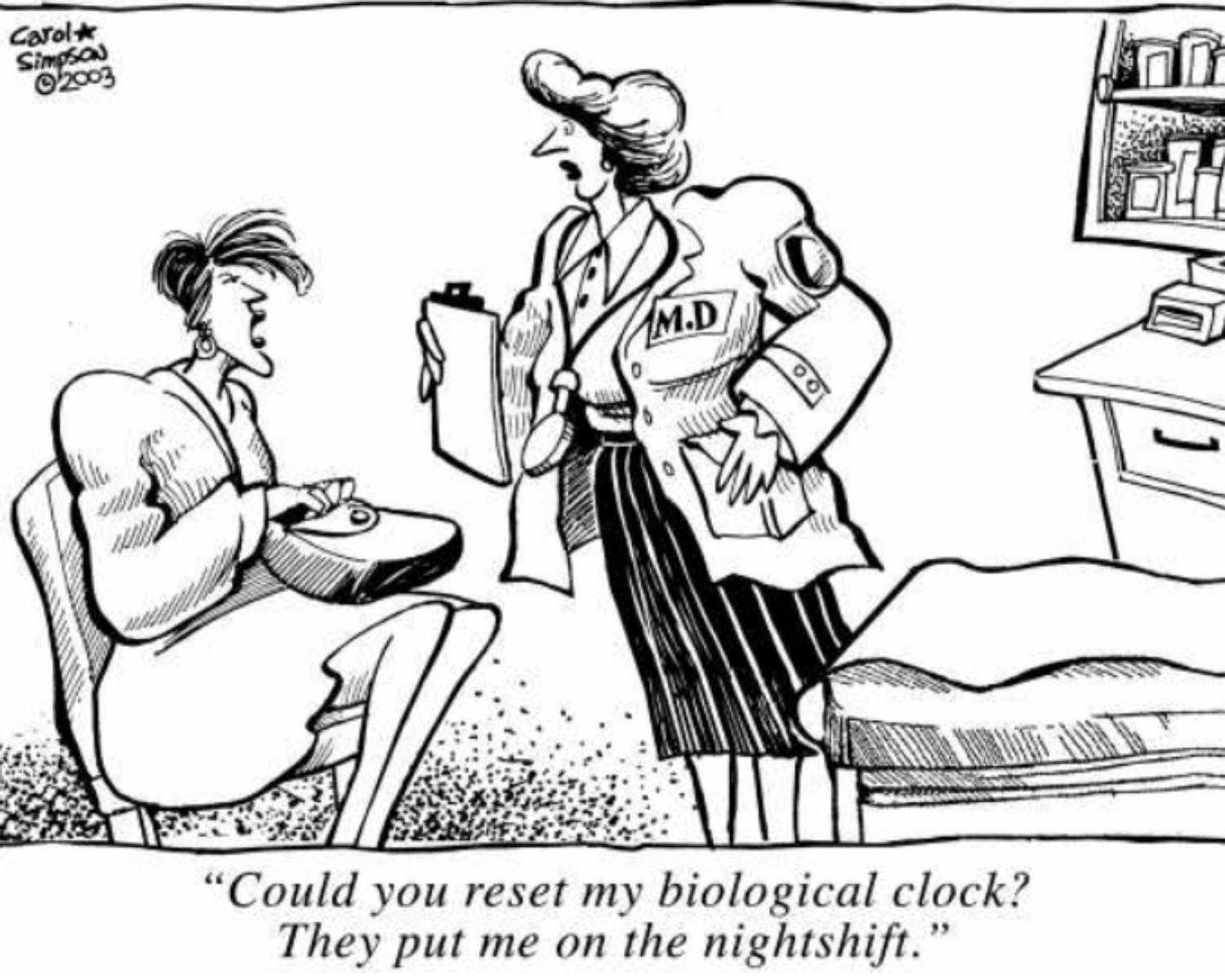Seasonal Changes
- Melatonin signals night length to our cells and circadian clocks. As days shorten in winter, melatonin levels increase, correlating with lowered mood, metabolism, and fertility in many animals. Light therapy can help counteract this.
- Changes between the seasons significantly impact circadian rhythms, mood, metabolism, and hormone levels in humans. Some people are more strongly affected than others. Among those with notable changes, depression tends to be more common in winter.
39
595 reads
CURATED FROM
IDEAS CURATED BY
I share the best ideas from books, podcasts, and daily discoveries. Join me in learning something new every day.
The podcast discusses many factors that influence sleep, wakefulness, and cognition. It focuses on questions from listeners on a variety of topics related to neuroscience, biology, light, temperature, and behavior. Dr. Huberman highlight some key principles and tools for optimizing alertness, sleep, and learning.
“
Similar ideas to Seasonal Changes
Biological Clocks
Endogenous rhythms exist because the body has biological clocks that keep time. Biological clocks can be adjusted by environmental cues, such as changes in temperature.
In humans, the Suprachiasmatic Nucleus (SCN) is the main biological clock that regulates circadian rhythms of sleep. The S...
Read & Learn
20x Faster
without
deepstash
with
deepstash
with
deepstash
Personalized microlearning
—
100+ Learning Journeys
—
Access to 200,000+ ideas
—
Access to the mobile app
—
Unlimited idea saving
—
—
Unlimited history
—
—
Unlimited listening to ideas
—
—
Downloading & offline access
—
—
Supercharge your mind with one idea per day
Enter your email and spend 1 minute every day to learn something new.
I agree to receive email updates
